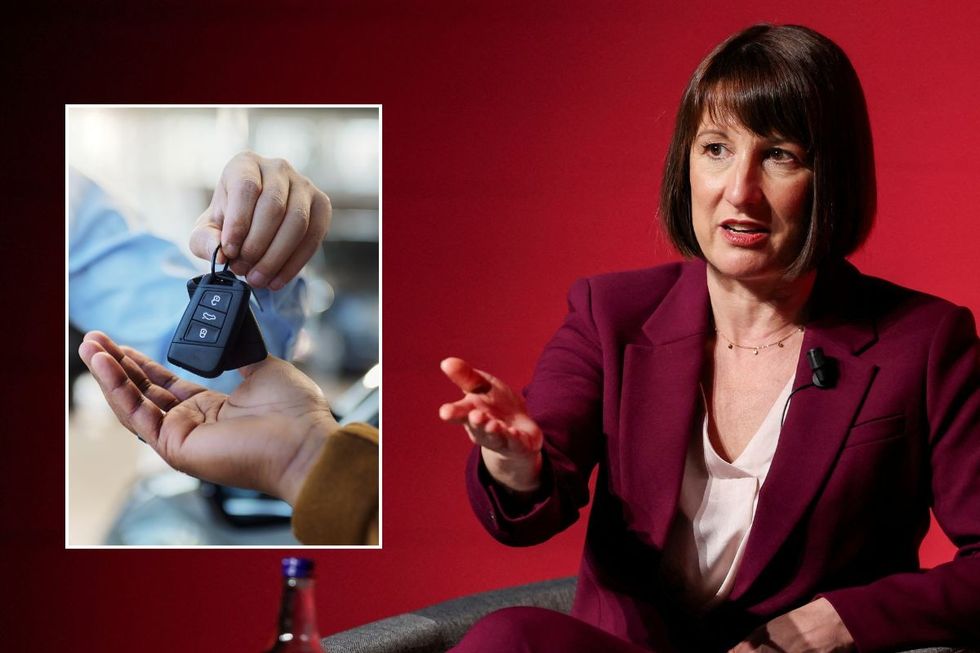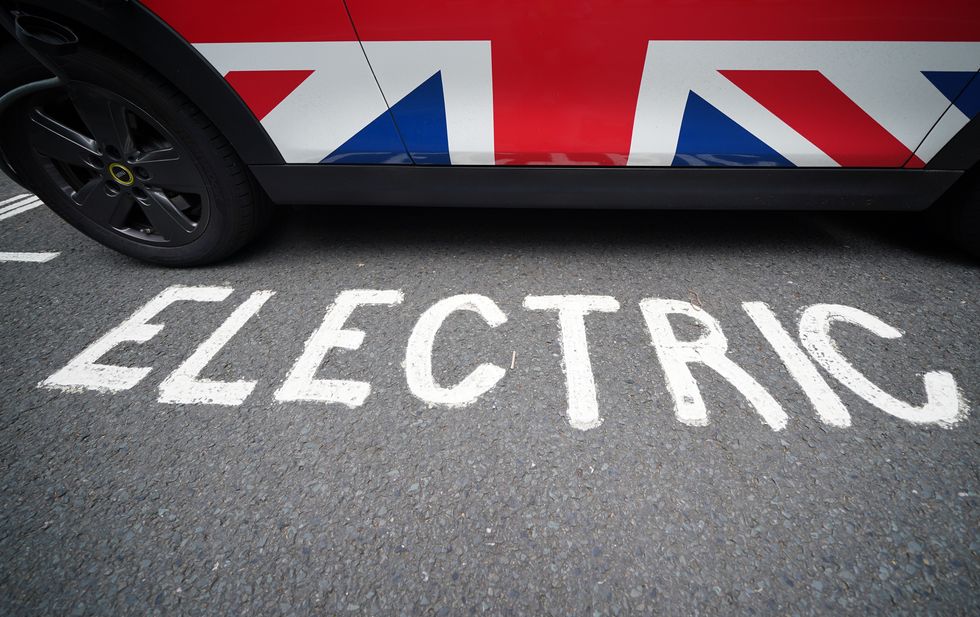Rachel Reeves has been urged to extend financial support to buyers of second-hand electric vehicles at the Autumn Budget in a bid to keep the UK on schedule for its green targets.
The Association of Fleet Professionals (AFP) has called on the Chancellor to create incentives for the used EV market that mirror the existing £3,750 subsidy available for new electric cars.
The organisation has presented several demands to the Government, including the elimination of Vehicle Excise Duty for electric cars and vans, enhanced funding for roadside charging infrastructure, and the revival of business charging grants.
Paul Hollick, who chairs the AFP, identified assistance for pre-owned electric vehicles as the organisation’s top priority for the upcoming fiscal statement.
The trade body’s leader pointed to the apparent effectiveness of the new car grant programme, which has contributed to a 14.9 per cent rise in battery electric vehicle registrations during August, according to data from the Society of Motor Manufacturers and Traders.
“While the scheme has not been perfect,” Mr Hollick told Fleet News, “it appears to be helping make new electric cars more accessible through both direct grants and widespread, substantial discounting being prompted by increased competition.”
He argued that implementing comparable measures for pre-owned vehicles could prove crucial for that market segment.
“Some form of support that helps to stimulate buyer enthusiasm, which could be anything from direct grants to interest-free loans, would be very well received by fleets,” Mr Hollick explained.

The AFP has also demanded the complete removal of car taxes for electric vehicles, arguing that April’s tax increases have raised operational expenses and discouraged adoption, while the new levy on electric commercial vehicles has hindered an already struggling market.
“We’d also like to see more support for kerbside charging,” Mr Hollick continued, highlighting that cable gullies offer an affordable answer for residents of terraced properties and flats, warranting expansion beyond the current £25million allocation.
The organisation also identified gaps in destination charging at hotels and similar venues, which members report as an increasingly evident shortfall in existing infrastructure provision.
The AFP said it wants ministers to restore financial support for workplace charging infrastructure, noting that previous Government deadlines made accessing funds virtually impossible for interested businesses, leaving money potentially unspent.

LATEST DEVELOPMENTS:
- Electric car owners can save £460 more than petrol and diesel drivers with new EV charging plan
- Drivers could see national speed limits on major A-roads slashed to 30mph as landmark petition demands change
- BMW, VW, Nissan and more popular brands ranked as best cars for towing caravans – full list
Road maintenance remained another significant concern for the organisation, with potholes frequently damaging fleet vehicles.
Mr Hollick explained: “This was a problem recognised in the last Budget, with an extra £500million allocated, but identifying where this money is being spent is difficult, because the condition of our roads doesn’t appear to be noticeably improving. We’d like to see more visible progress.”
The trade body has also encouraged the Chancellor to examine proposals from its 2024 Tax and Regulation Manifesto, acknowledging that ministers have already adopted several recommendations.
“They’ve now been in power for just over a year and we do believe this is a Government that often listens to fleets and the wider motor industry, taking action such as the recent split-level AER rates,” Mr Hollick said.

The AFP chairman acknowledged fiscal limitations facing the administration, noting that numerous fleet sector concerns require both financial resources and implementation time.
“However, there is a shortage of money to spend and many of the issues that we’d like to see resolved require both funding and time,” he added.
The organisation’s budget submission comes as ministers face competing demands across multiple sectors while managing constrained public finances ahead of the 26 November statement.
Our Standards:
The GB News Editorial Charter







Follow